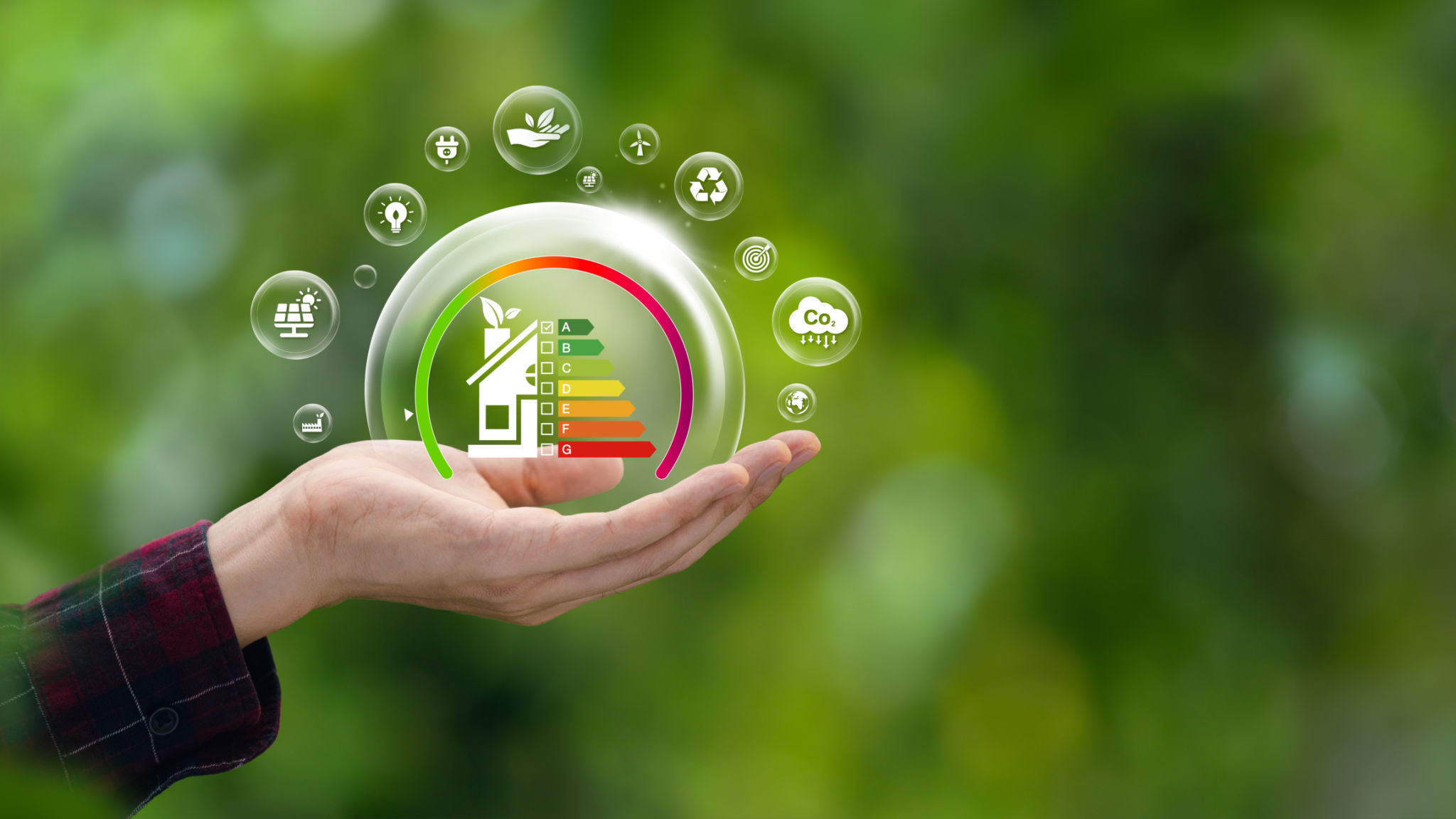Innovative BMS Solutions for Sustainable Building Management
Td
Understanding Building Management Systems (BMS)
In today's era of rapid technological advancement, Building Management Systems (BMS) have emerged as pivotal tools in the management and operation of modern buildings. These systems integrate various building technologies to create a central platform for monitoring and controlling building operations. This integration not only improves efficiency but also enhances the sustainability of building management practices.
BMS solutions encompass a wide range of functionalities, including HVAC control, lighting management, energy monitoring, and security systems. By automating these processes, BMS solutions contribute significantly to reducing energy consumption and environmental impact.

The Role of Innovation in BMS Solutions
Innovation is at the heart of modern BMS solutions, driving the development of more intelligent and adaptable systems. Advanced technologies such as IoT (Internet of Things), AI (Artificial Intelligence), and machine learning are being incorporated into BMS to enhance their capabilities. These innovations enable buildings to operate autonomously, with systems that learn from usage patterns and adjust settings for optimal performance.
Moreover, innovative BMS solutions offer predictive maintenance capabilities, allowing facility managers to anticipate issues before they occur. This proactive approach not only reduces downtime but also extends the lifespan of building systems, contributing to sustainable building management.

Energy Efficiency through BMS
One of the primary goals of BMS solutions is to enhance energy efficiency within buildings. By integrating various systems and utilizing data analytics, BMS can identify areas of energy wastage and suggest improvements. For instance, intelligent lighting systems can adjust based on occupancy and natural light availability, reducing unnecessary energy consumption.
Additionally, HVAC systems integrated with BMS can optimize temperature settings based on real-time data, ensuring comfort while minimizing energy use. This not only reduces operational costs but also aligns with global sustainability goals by lowering carbon footprints.

Enhancing Sustainability with Smart Solutions
Sustainability is a key focus in modern building management, and BMS solutions play a crucial role in achieving it. Smart buildings equipped with advanced BMS can monitor water usage, waste management, and even indoor air quality. By providing real-time insights and automation capabilities, these systems help in creating healthier and more sustainable indoor environments.
Moreover, BMS solutions facilitate the integration of renewable energy sources, such as solar panels and wind turbines, into building operations. This integration ensures that buildings can leverage clean energy effectively, further enhancing their sustainability credentials.
The Future of BMS in Building Management
As technology continues to evolve, the future of BMS looks promising with even more sophisticated solutions on the horizon. The integration of 5G technology is expected to revolutionize BMS by enabling faster data transmission and real-time remote access to building systems. This advancement will allow for more efficient management and control of building operations from anywhere in the world.
Furthermore, the growing emphasis on smart cities will drive the demand for innovative BMS solutions that not only manage individual buildings but also integrate with city-wide systems. This holistic approach will pave the way for more sustainable urban living environments.
Conclusion
Innovative BMS solutions are transforming the landscape of sustainable building management. By harnessing advanced technologies and focusing on energy efficiency and sustainability, these systems are setting new standards for how buildings are managed and operated. As we move towards a more connected and environmentally conscious future, embracing these innovations will be key to achieving sustainable development goals.
